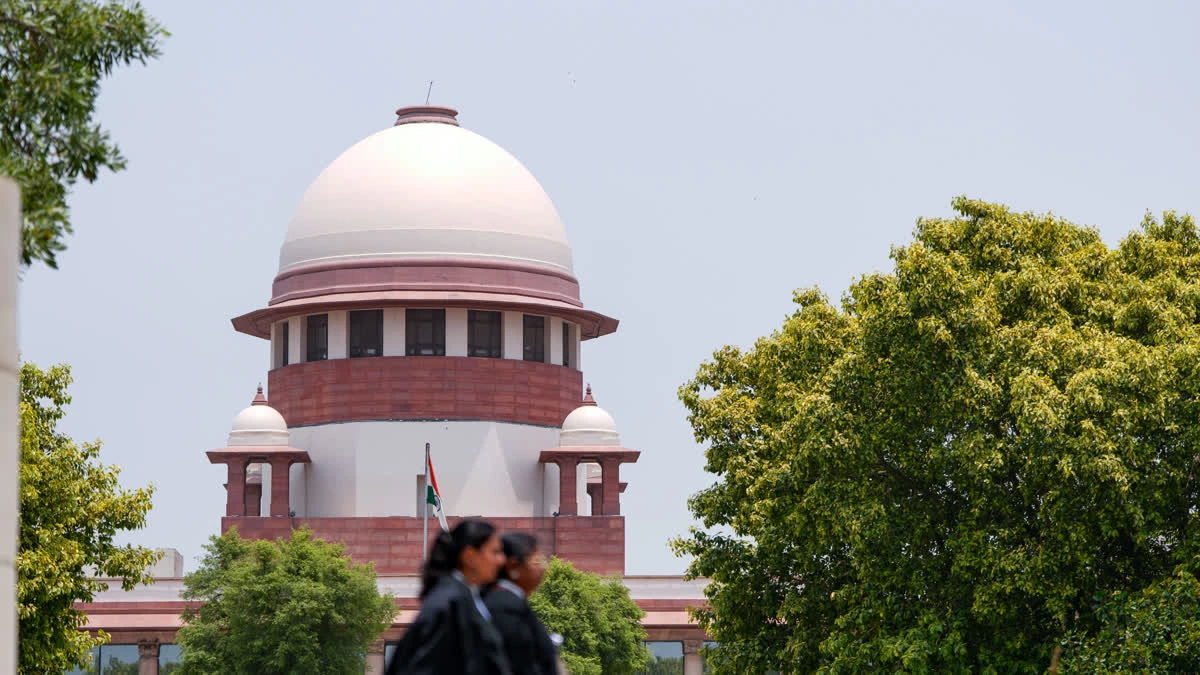Latest Updates
“Crossing all limits…”: Supreme Court Halts ED’s Probe Into Tamil Nadu’s TASMAC, Rebukes Agency for Overreach

The Supreme Court has put a temporary stop to the Enforcement Directorate’s (ED) investigation into alleged money laundering by Tamil Nadu’s state-run liquor retailer, TASMAC, strongly criticising the federal agency for overstepping its authority.
The court’s remarks came during a hearing on the Tamil Nadu government’s plea challenging the ED’s recent raids on TASMAC premises. These searches were conducted in March and again earlier this month, triggering accusations from the state government that the ED was interfering in matters beyond its remit.
A bench headed by Chief Justice B.R. Gavai issued a stern warning to the ED, questioning the legality and intent behind targeting a government-owned corporation.
“You may register cases against individuals... but corporations? Your ED is passing all limits!” the Chief Justice said, as the bench issued a notice to the agency and ordered it to halt further action. “Meanwhile, stay granted of further proceedings,” he added.
The bench observed that the central agency’s actions might be infringing upon the federal structure of governance. “How can it raid TASMAC?” the Chief Justice asked, expressing clear disapproval of the ED’s approach.
The Tamil Nadu government had earlier approached the Supreme Court after the Madras High Court allowed the ED to proceed with its probe under the Prevention of Money Laundering Act (PMLA). The state contended that the raids were an example of political overreach and an abuse of power by the central agency.
In its appeal, the state government argued that the ED’s actions were politically motivated and that the agency was harassing state officials. It claimed the investigation violated the principles of federalism by bypassing the state’s authority over its own institutions.
On 23 April, the Madras High Court dismissed petitions filed by both the Tamil Nadu government and TASMAC seeking to quash the ED’s raids. The High Court observed that money laundering is “a crime against the people of the nation” and ruled that the ED’s investigation was valid.
The court brushed aside the state’s argument of harassment, calling it “inadequate and highly disproportional” when compared to “the rights of millions of people of the country.”
Addressing the allegation that the ED’s actions were politically driven, the High Court stated, “Can a court assess political forces at play or become a partaker in the political game?” It maintained that such claims could not serve as grounds to block a lawful investigation.
The court further rejected the argument that the ED required the state’s prior consent for searches. It described this notion as “completely illogical and bereft of conscience.”
It also warned that endorsing such claims of harassment by investigative agencies could lead to “a floodgate of litigations” by citizens seeking to challenge every legitimate probe.








